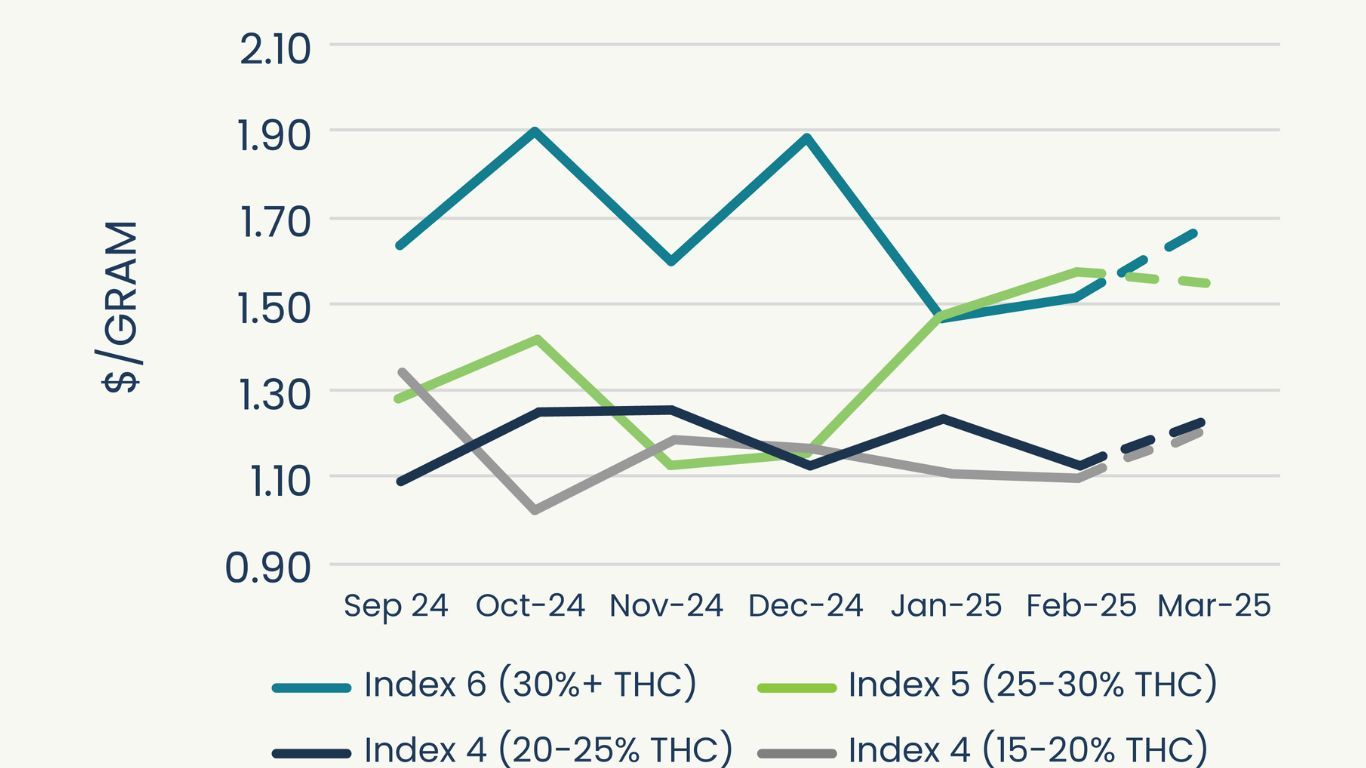
US authorities say a man who was caught smuggling pesticides into the US from Mexico in April 2020 will serve 90 days in jail and have to pay fines of over $11,000.
Authorities say the 48 different pesticides Felix Gutierrez Valencia of Perris, of California, was caught smuggling in from Mexico are commonly found at locations where cannabis is illegally cultivated.
The pesticides included Furadan, Monitor, Bayfolan, Biomec, Ridomil Gold, Kanemite and Rodentox. Two of the pesticides smuggled by Gutierrez contain active ingredients that are cancelled in the United States, and thus are not permitted to be imported or sold.
Furadan contains the cancelled pesticide carbofuran, which is a highly toxic insecticide that affects the central nervous systems by the same mechanism as chemical warfare nerve agents. It is considered highly toxic to birds, fish and mammals and is classified by the EPA as Toxicity Category I, the highest category, based upon its lethal potency.
Furidan has been reported as being found at numerous illegal cannabis grow sites in California over the years, often on National Forest lands.
Monitor contains the cancelled pesticide methamidophos, also often associated with illegal grows, it is one of the most acutely toxic organophosphate pesticides, and is related to chemical warfare nerve agents. Rodentox contains zinc phosphide, an extremely toxic rodenticide. Ingestion of 7 drops to one teaspoons of zinc phosphide would likely kill a 150-pound person, says the press release from the US Department of Justice.
Gutierrez was ordered to pay a fine of $2,500 and restitution of $8,807 for the cost of disposal of the pesticides, and perform 100 hours of community service during three years of supervised release. The maximum penalty for his offences could have been twenty years in prison and a $250,000 fine.
After his arrest in April, Gutierrez says he offered to pay another person to smuggle pesticides into the United States. That person was also caught at the border with 37 containers of Furadan, Biomec, Biozyme and Tetrasan.
“There’s a reason the federal government prohibits the importation of certain types of pesticides,” said Cardell T. Morant, Special Agent in Charge of U.S. Immigration and Customs Enforcement (ICE) Homeland Security Investigations (HSI) San Diego. “Some of the chemicals may be toxic and exposure can be dangerous or fatal to both humans and wildlife. This individual not only disregarded the hazards associated with improperly handling these types of chemicals, he attempted to smuggle the chemicals into the U.S., which is a very serious crime. HSI and its partner organizations will continue to pursue, arrest, and bring to justice, anyone who tries to smuggle these highly toxic chemicals into the U.S.”
In March of this year, a woman, Beatriz Santillan of Menifee, California, was sentenced to 70 days in prison today and ordered to pay $20,079 restitution, following her plea of guilty to the charge of smuggling involving illegal pesticides on March 26, 2020. The restitution order is to cover the cost of disposal of the pesticides.
According to sentencing documents, a subsequent search of Santillan’s phone revealed photographs and videos of cannabis plants, both outside and in greenhouses, beginning August 10, 2019, and ending two days before her stop at the border. Phone chats between Santillan and an associate disclosed discussions about caring for marijuana plants and the use of the pesticides for growing marijuana, and included photos of pesticides and marijuana plants. The sentencing documents also noted that receipts for the purchase of pesticides in Mexico on three separate occasions, a medical marijuana prescription for an associate, and records of the purchase of items used for growing plants were found in Santillan’s car, along with records of the transfer of over $4,000 in the three months before her stop at the border.
Featured image via elib.tips











